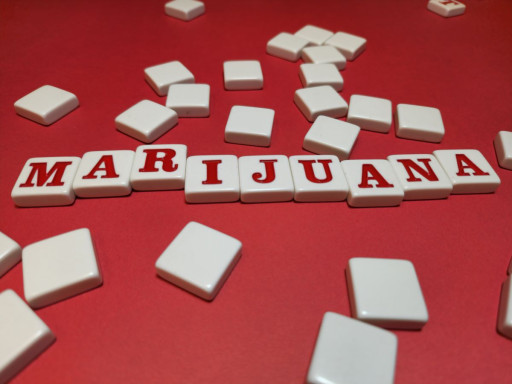PISCATAWAY, N.J., October 16, 2023 (Newswire.com) - Given the increasing trend toward legalizing marijuana in many states, there is growing concern that underage youth may find the drug easier to access. In fact, a recent study reported in the Journal of Studies on Alcohol and Drugs suggests that in areas with local retail availability of legalized marijuana, high school students are more likely to use marijuana and alcohol together, as well as alcohol alone.
“Greater retail availability may ‘normalize’ marijuana use for young people, even if they are unable to purchase marijuana directly from retail businesses, and retail sales may introduce greater access through social sources,” says study lead author Sharon O’Hara, Dr.P.H., lecturer at the University of California Berkeley School of Public Health and associate research scientist at the Pacific Institute for Research and Evaluation.
For their research, O’Hara and colleagues used info from the 2010-2011 and 2018-2019 California Healthy Kids Surveys of 9th and 11th graders in 554 public high schools in 38 California cities. Students were asked how often they used marijuana and alcohol over the previous 30 days.
The researchers also calculated the density of marijuana and cannabis retail outlets in each area (the number of outlets per square mile within the city limits).
Among the full sample, O’Hara and colleagues found a significant interaction between recreational marijuana legalization and marijuana outlet density, indicating a greater increase in the likelihood of alcohol use and co-use of alcohol and marijuana in cities with higher retail availability of cannabis after the passage of recreational marijuana legalization. A positive association between recreational marijuana legalization and marijuana use was found in cities at all levels of marijuana outlet density.
That outcome was expected, but a closer look at the data found some surprising results.
“We were most surprised by the effects of recreational marijuana legalization on the co-use of alcohol and marijuana by subgroups of alcohol users versus cannabis users,” says O’Hara. “We found significant positive associations between recreational marijuana legalization and co-use for past-30-day drinkers but significant inverse associations between recreational marijuana legalization and co-use among past-30-day marijuana users.”
The researchers hypothesize that, since its legalization, marijuana use has been increasing in the general population of California adolescents, while alcohol use continues to decrease.
"Given that, among the full sample of high school students, the effect of recreational marijuana legalization was strongest in the cities with relatively high marijuana outlet density; attention should be paid to policies that limit the retail availability of marijuana," says O’Hara.
“Regulatory policies can be considered at the state level and in local jurisdictions with zoning authority over retail marijuana businesses,” she says. “So, even if your state legalizes recreational marijuana, you may have the ability to regulate the number and location of retail marijuana businesses using local land use authority.”
Contact Information:Sharon O’Hara
author/researcher
[email protected]
Original Source: Local Retail Outlets for Legal Marijuana May Be Associated With Alcohol Co-Use Among High School Students: New Journal of Studies on Alcohol and Drugs Report
The post Local Retail Outlets for Legal Marijuana May Be Associated With Alcohol Co-Use Among High School Students: New Journal of Studies on Alcohol and Drugs Report first appeared on TREND MAG.
Lifestyle - TREND MAG originally published at Lifestyle - TREND MAG

